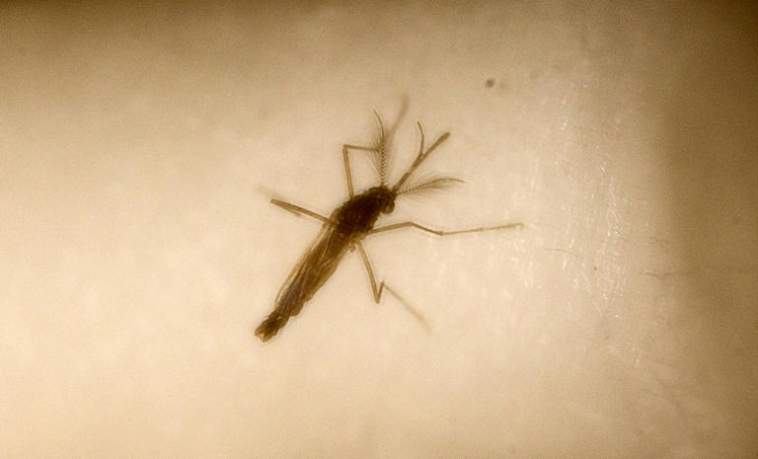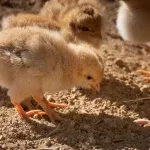From MSN.com…
In the mosquito breeding rooms of British biotech company Oxitec, scientists line up fresh eggs, each the size of a grain of salt. Using microscopic needles, the white-coated researchers inject each egg with a dab of a proprietary synthetic DNA.
For four days, Oxitec technicians care for the eggs, watching for those that hatch into wriggling brown larvae. Those “injection survivors,” as the company calls them, face a battery of tests to ensure their genetic modification is successful.
Soon, millions of these engineered mosquitoes could be set loose in California in an experiment recently approved by the federal government.
Oxitec, a private company, says its genetically modified bugs could help save half the world’s population from the invasive Aedes aegypti mosquito, which can spread diseases such as yellow fever, chikungunya and dengue to humans. Female offspring produced by these modified insects will die, according to Oxitec’s plan, causing the population to collapse.
“Precise. Environmentally sustainable. Non-toxic,” the company says on its website of its product trademarked as the “Friendly” mosquito.
Scientists independent from the company and critical of the proposal say not so fast. They say unleashing the experimental creatures into nature has risks that haven’t yet been fully studied, including possible harm to other species or unexpectedly making the local mosquito population harder to control.
Even scientists who see the potential of genetic engineering are uneasy about releasing the transgenic insects into neighborhoods because of how hard such trials are to control.
“There needs to be more transparency about why these experiments are being done,” said Natalie Kofler, a bioethicist at Harvard Medical School who has followed the company’s work. “How are we weighing the risks and benefits?”
She pointed out that the possible benefits of the technology in California are lower than they would be in more tropical regions of the world where mosquito-borne disease outbreaks often threaten humans. California has never had a casein which an Aedes aegypti was found to transmit disease.






